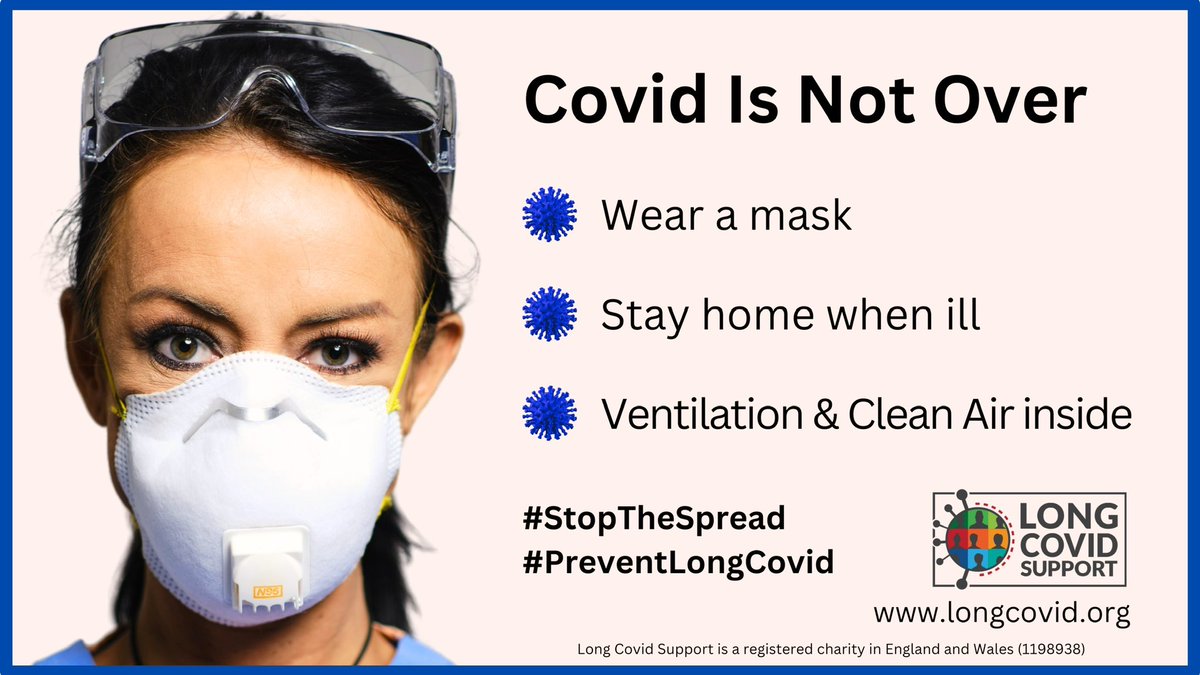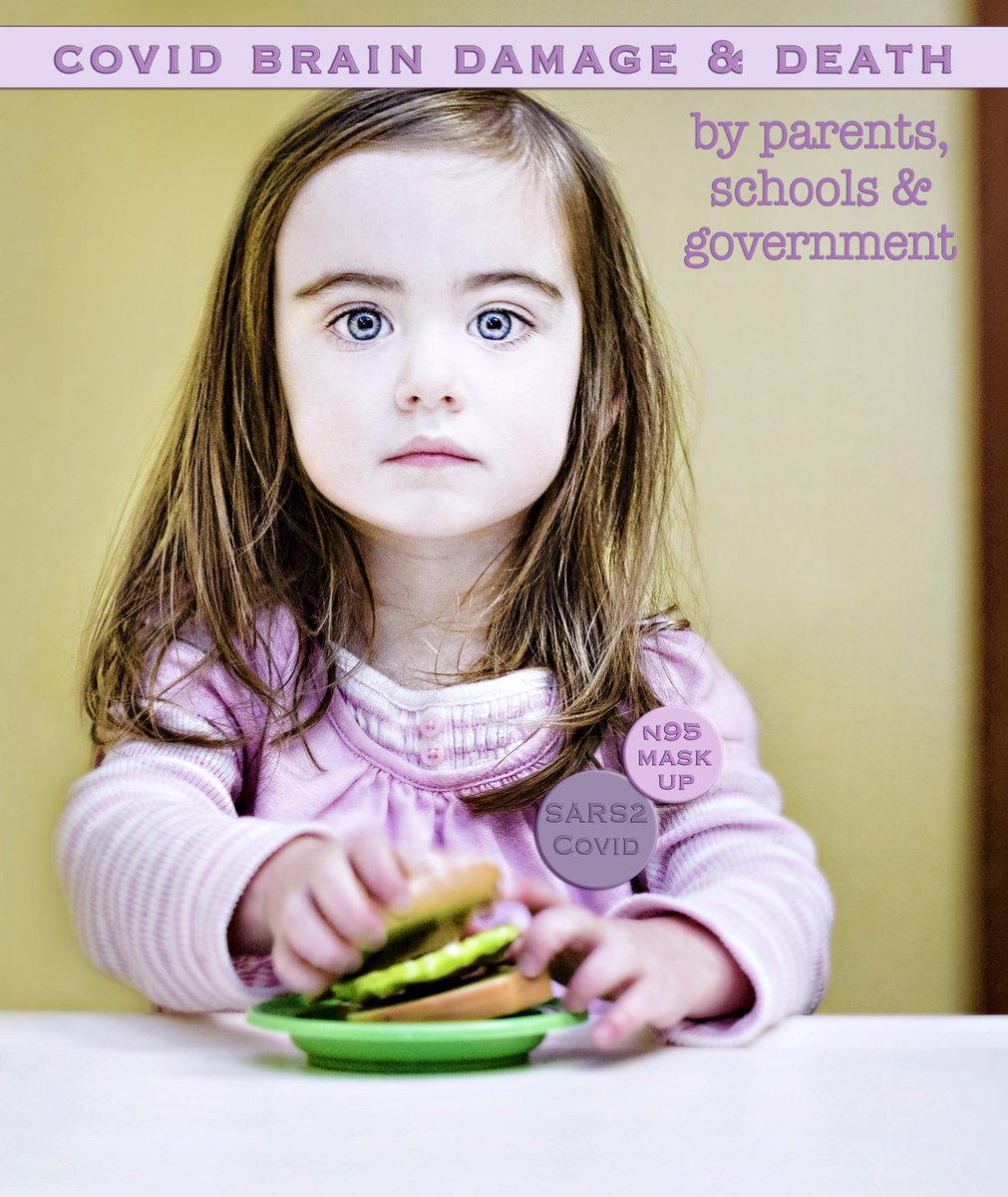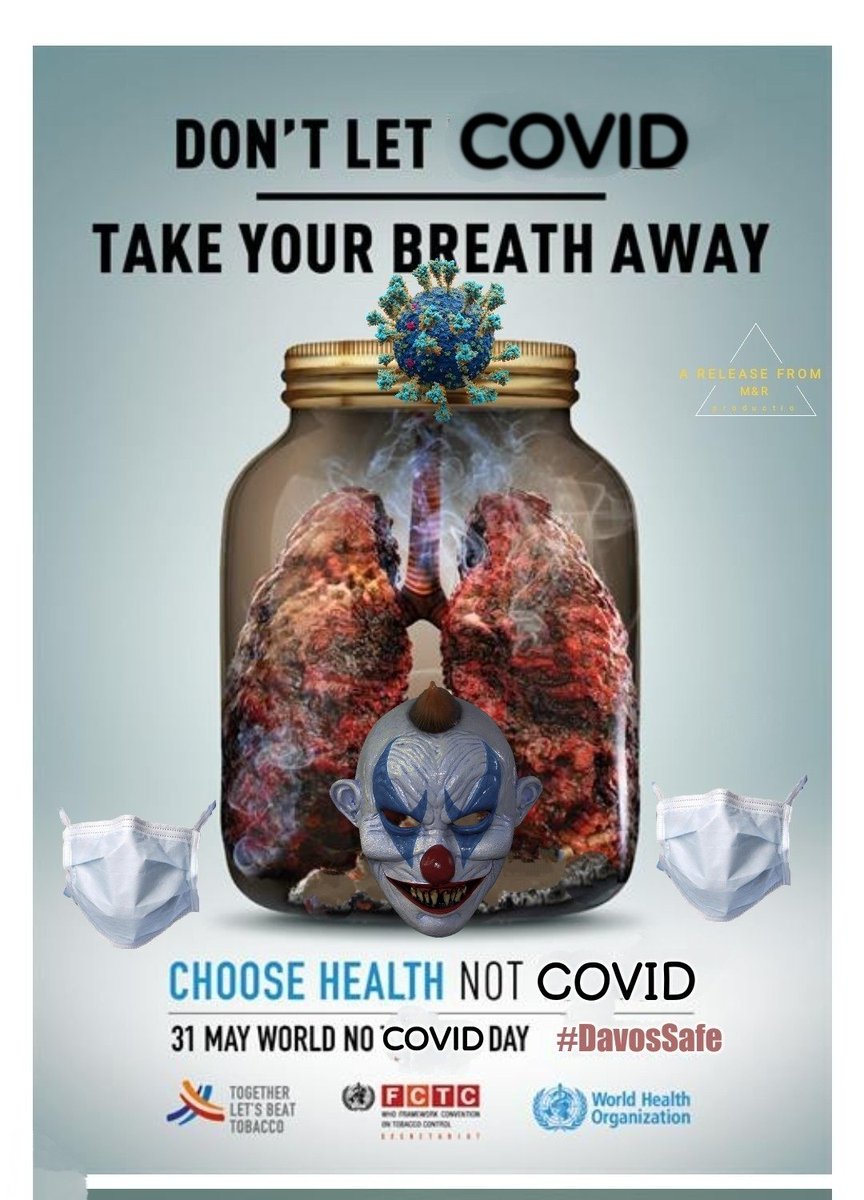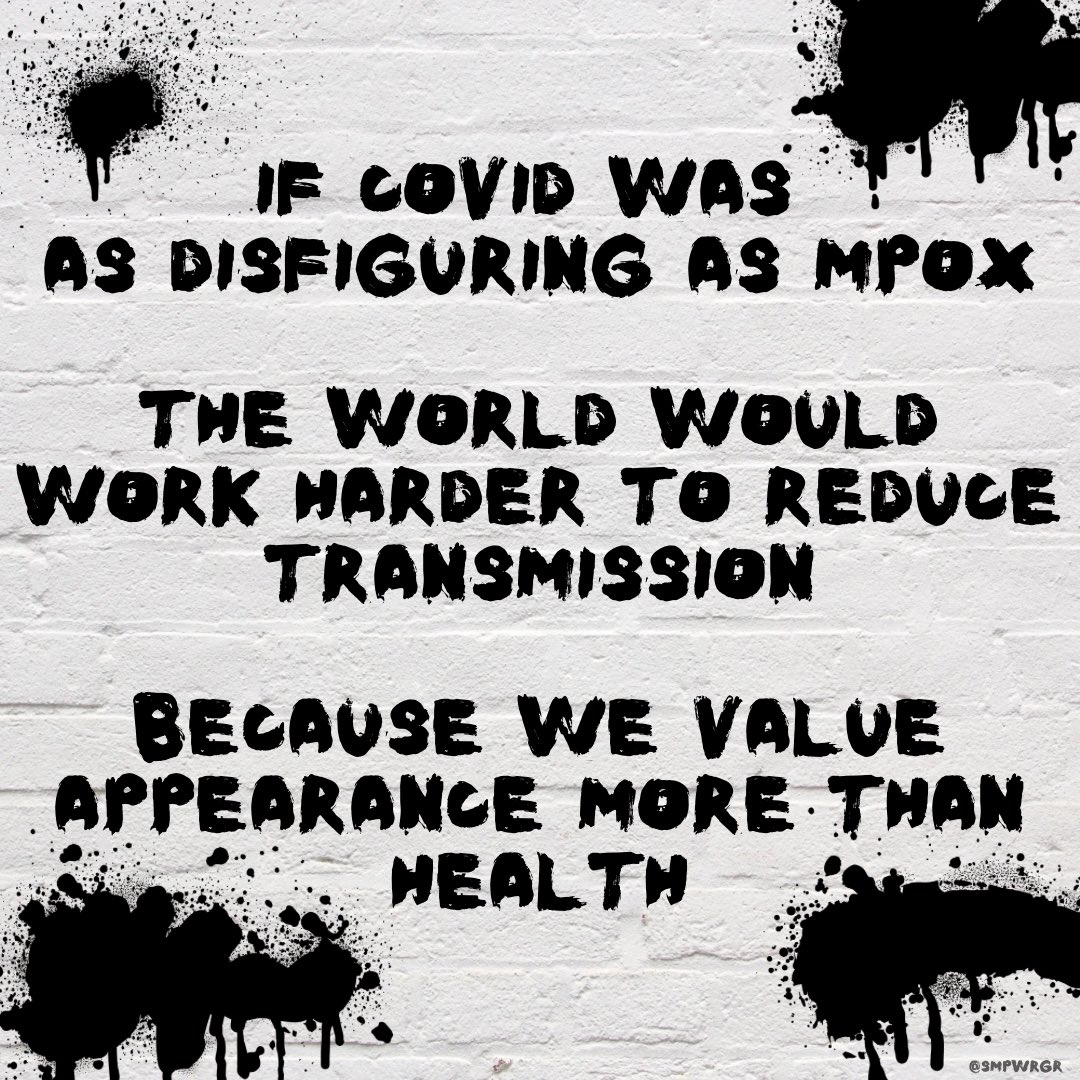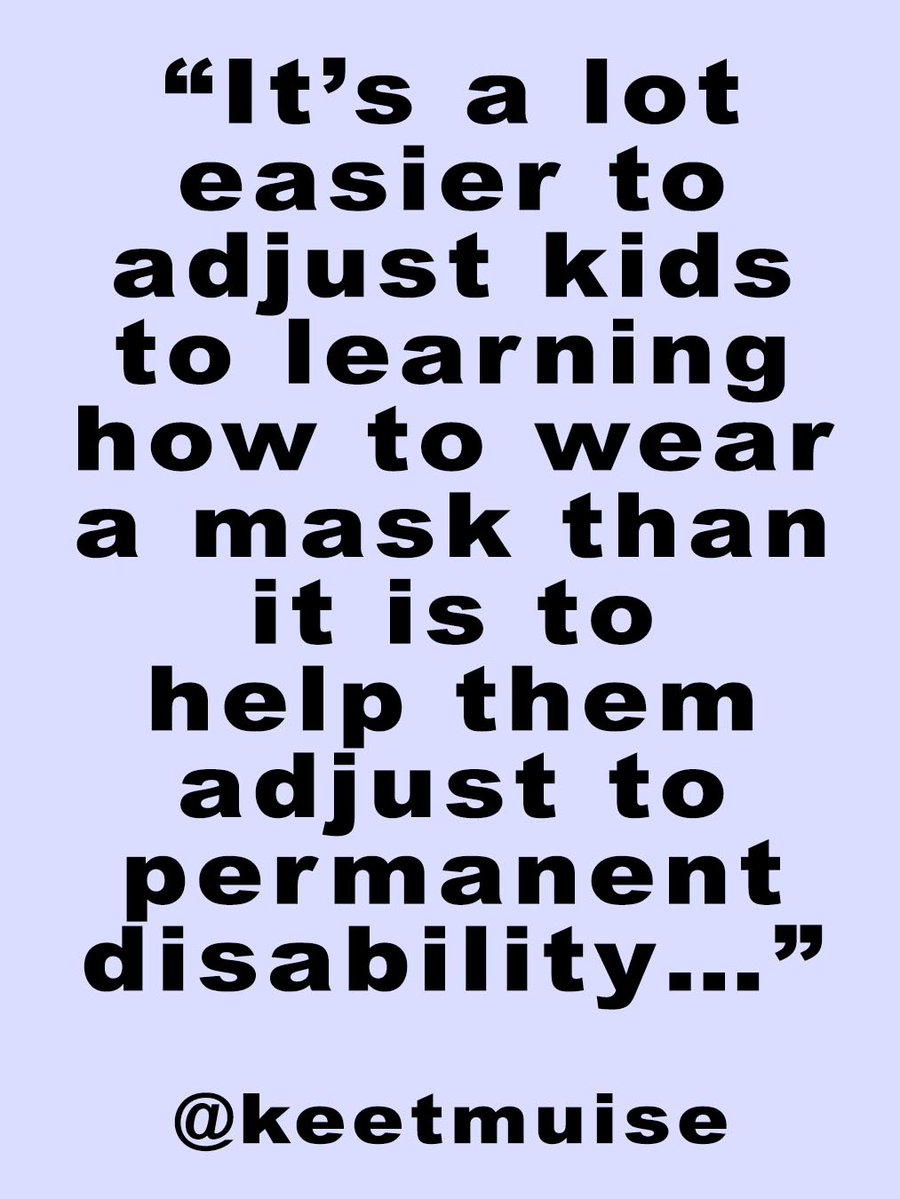1/
Swedish study highlights a potential link between severe #COVID19 and an increased risk of developing #MultipleSclerosis (#MS). Researchers at Örebro University and University Hospital Örebro found a doubled risk of MS in individuals hospitalized with severe COVID-19
Swedish study highlights a potential link between severe #COVID19 and an increased risk of developing #MultipleSclerosis (#MS). Researchers at Örebro University and University Hospital Örebro found a doubled risk of MS in individuals hospitalized with severe COVID-19

2/
The study, published in Brain Communications, analyzed hospital admissions for COVID-19 in Sweden between 2020 and 2022. They observed that nearly 26 out of 100,000 patients who had severe COVID-19 later developed MS. While the risk remains small (around 0.02%),
The study, published in Brain Communications, analyzed hospital admissions for COVID-19 in Sweden between 2020 and 2022. They observed that nearly 26 out of 100,000 patients who had severe COVID-19 later developed MS. While the risk remains small (around 0.02%),

3/ it's significantly higher.
Professor Scott Montgomery, the lead author, emphasizes the correlation between COVID-19 severity and MS risk, stating that more severe cases appear to have a greater potential to trigger latent MS. #Neurology
Professor Scott Montgomery, the lead author, emphasizes the correlation between COVID-19 severity and MS risk, stating that more severe cases appear to have a greater potential to trigger latent MS. #Neurology

4/ This suggests #LongCovid might have broader neurological implications than previously understood.
Interestingly, the typical timeframe between a triggering event and MS diagnosis is 10-20 years. Professor Montgomery suggests that the number #PublicHealth #MedicalResearch
Interestingly, the typical timeframe between a triggering event and MS diagnosis is 10-20 years. Professor Montgomery suggests that the number #PublicHealth #MedicalResearch

5/ of COVID-19-triggered MS cases might increase in the coming years, and the link could become even more apparent.
MS is a chronic disease affecting the central nervous system, with initial symptoms often including vision problems or altered sensation. #AutoimmuneDisease
MS is a chronic disease affecting the central nervous system, with initial symptoms often including vision problems or altered sensation. #AutoimmuneDisease
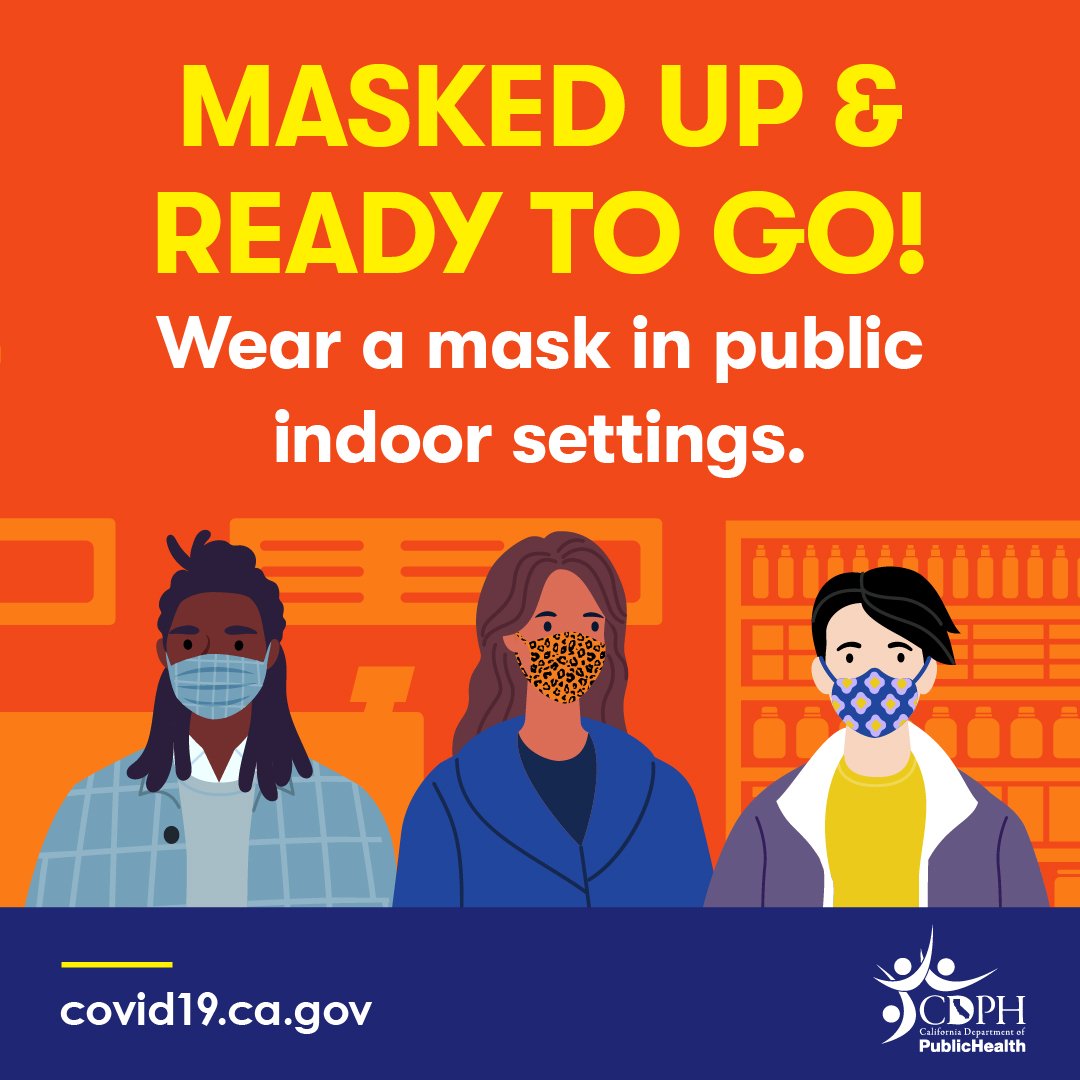
6/ While there's no cure, early diagnosis and treatment are crucial for slowing down the disease progression and improving quality of life.
Want to reduce your risk of Covid? #covidsafety #n95mask #indoorairquality #vaccination
H/T @scott_squires for his amazing poster collection
Want to reduce your risk of Covid? #covidsafety #n95mask #indoorairquality #vaccination
H/T @scott_squires for his amazing poster collection

7/Combine a well-fitted N95 mask that effectively filters the air, ensure good ventilation and potentially air purifiers at home/work, and keep your vaccination protection up to date. Strong protection is built in layers! #covidsafety #n95mask #indoorairquality #vaccination 

• • •
Missing some Tweet in this thread? You can try to
force a refresh


